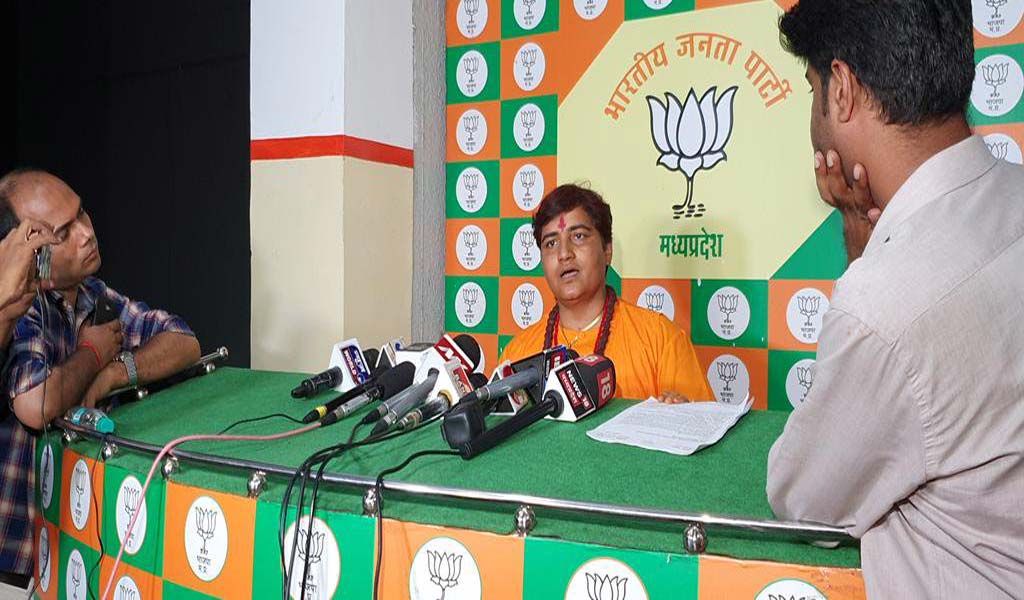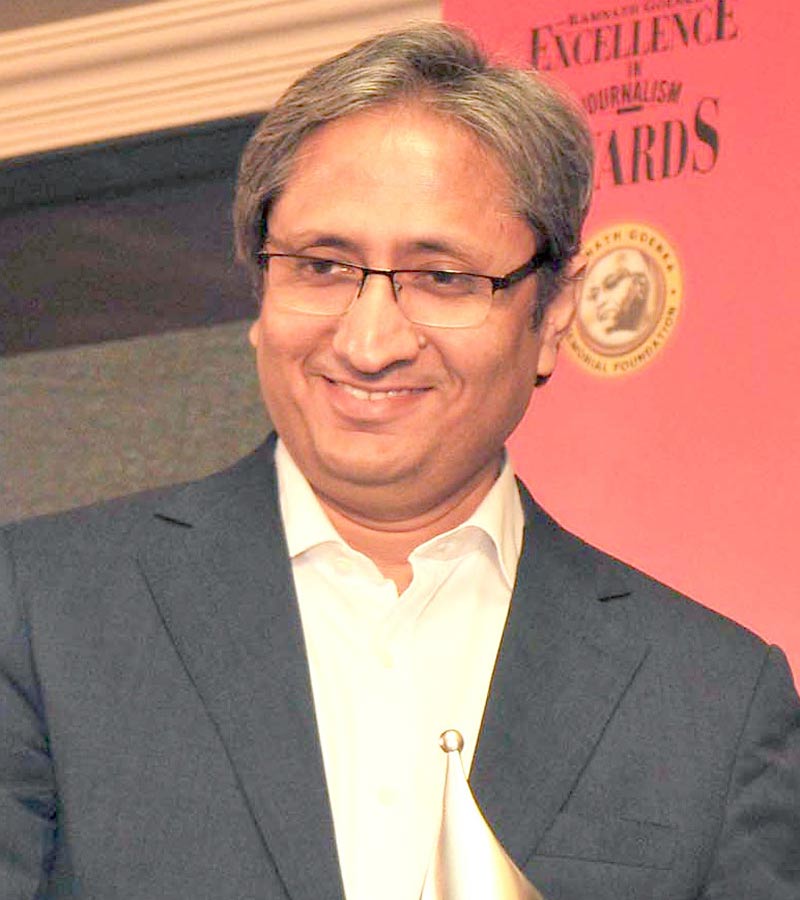Let’s face it. India isn’t as enamored of Mahatma Gandhi as it once was. Many, a sizeable section of youth especially, have come to believe that the Gandhian worldview is woolly-headed, too pacifist and Luddite to be relevant in the modern wired, dog-eat-dog world.
Champions of both kamandal and Mandal, two major strands of contemporary politics in India, have their own disapprovals. The muscle-flexing Hindutva Brigade finds Gandhi and his message too accommodative, too timid for its tastes. Proponents of radical social engineering consider his stance on caste patronizing.
It would appear then that an insulting reference to Gandhi would not ruffle many feathers these days. Only it does, as Pragya Singh Thakur, the Bharatiya Janata Party (BJP) Member of Parliament from Bhopal has discovered twice this year. On both occasions, Thakur kicked a political storm with her reference to Nathuram Godse, Gandhi’s assassin, as a deshbhakt (patriot) and was rebuked with uncharacteristic swiftness if not deterrent force by her party leadership.
The BJP’s reaction could have something to do with the timing of Thakur’s Godse-eulogizing statements. The first was during the campaign for the parliamentary election, the second came just after it was outwitted in a sordid power tussle in Maharashtra. A controversy was avoidable in both circumstances, and the party pragmatically initiated damage control measures.
It is likely though that Thakur or anyone else from any other party who spoke similarly would have been ticked off by party bosses even in normal circumstances. Not because of any particular reverence for Gandhi, but purely because of the optics.
Even if Gandhi’s mantras go unheeded, his aura must be seen to be respected. Given the iconic status as a peace apostle Gandhi enjoys globally, something Indian leaders including Modi have frequently basked in, there is some international embarrassment involved in being perceived as soft on anti-Gandhi invective. More so for the BJP, given the Sangh Parivar’s historically ambivalent at best attitude to Gandhi.
However, despite the dwindling species of true Gandhians, the more sizeable risk remains domestic. India worships Gandhi in the manner it worships its women and its cows. It announces its reverence for them loudly and can even claim lives in the name of protecting their honor but will suffocate them silently, almost reflexively. Women are brutalized and cows are abandoned on the streets on an everyday basis, but none dare argue their place in the national pantheon. Their myth must be respected even if their being and agency aren’t.
The same with Gandhi. Violence can be unflinchingly unleashed, divisive calls shamelessly made, the interests of the poor and oppressed callously ignored, all at complete odds with what the Father of the Nation stood for—but his good name is something that India will fight for. We will rise in indignant protest against any slight to the Gandhi persona–his image on a footwear or cola bottle, for instance–even as we allow every rot the great man warned against to corrode us from within.
One suspects the irony of the situation–where we hail and defend the one whose message we diss and violate remorselessly–is not lost on the country. But there’s a reason we persist. If we didn’t, we would be admitting surrender to violence and injustice. The show of indignance is to assure ourselves–and to those observing us—that our tryst with decency and nobility is not a thing of the past.
Image courtesy: Twitter







